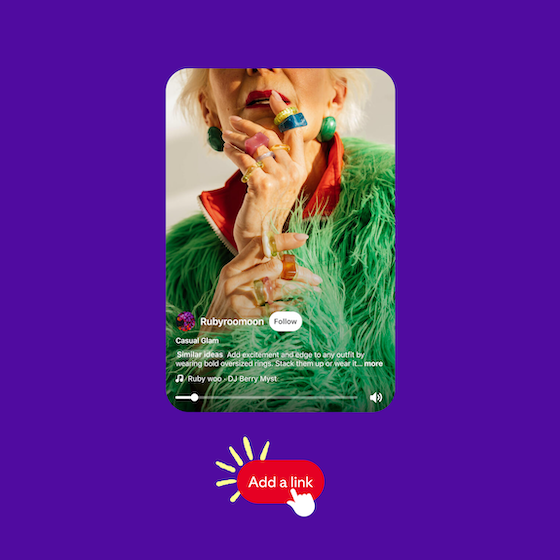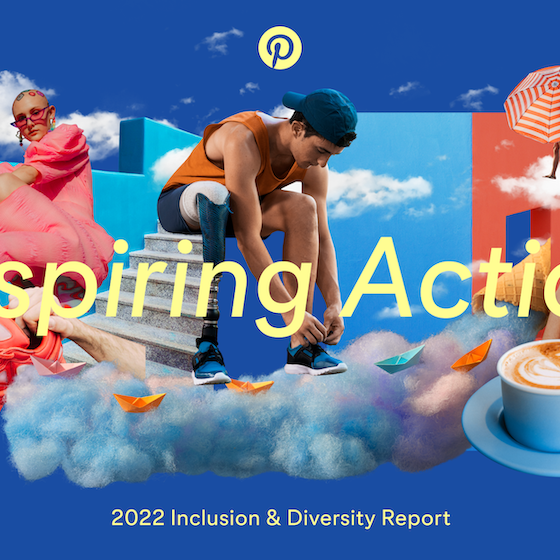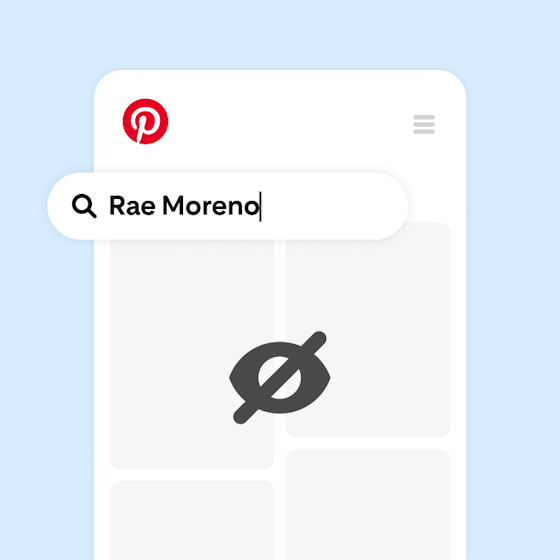Expanding compassionate search to nine additional countries

Today we’re bringing our collection of emotional well-being activities to Pinners in nine additional countries, including the UK, Ireland, Canada, Australia, Singapore, India, the Philippines, Hong Kong and New Zealand.
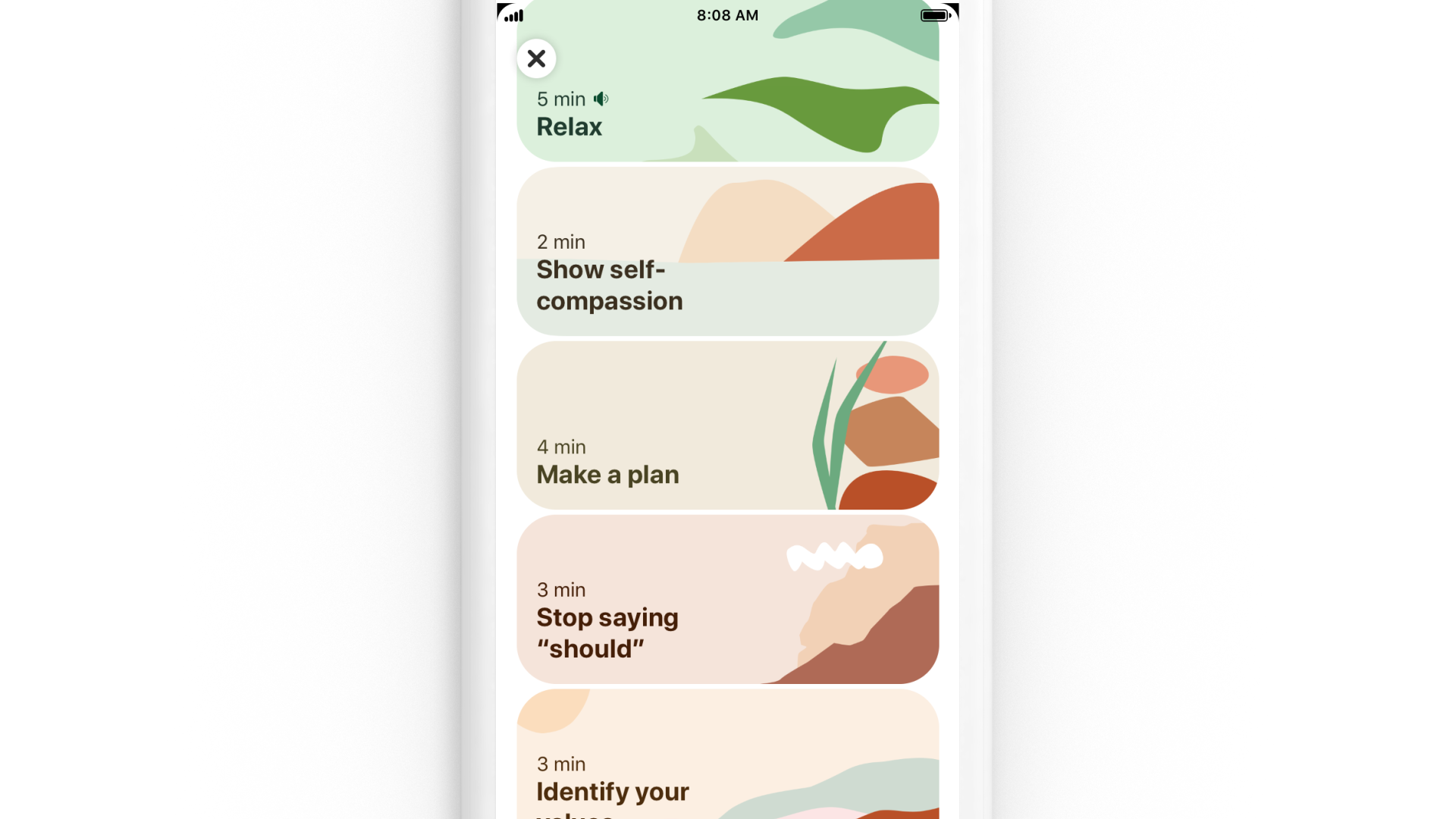
First introduced in the U.S. last year, these are evidence-based well-being practices someone can do to try to improve their mood if they’re feeling stressed, anxious, sad or trying to manage difficult emotions. For example, if someone searches for “stress relief” they might choose the “redirect your energy” activity which suggests practices like journalling for perspective, drawing a nature scene or something abstract, or making a playlist. If they select “accept your emotions” they’ll be guided through steps to practice self-compassion.
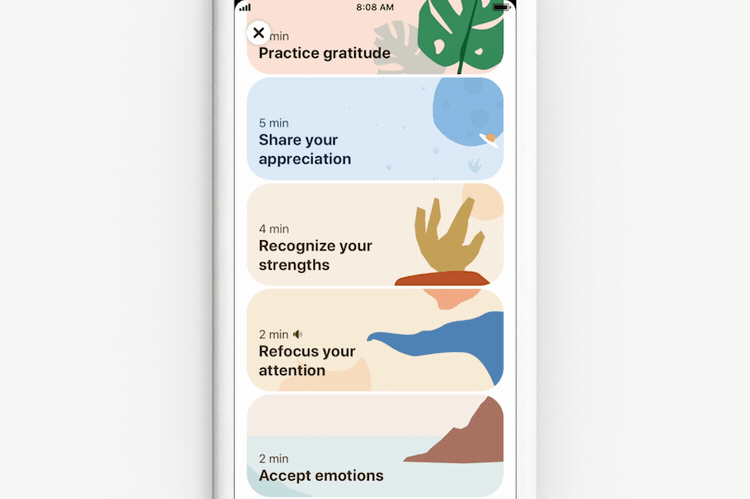
People will see a prompt to explore these activities if they search for things like “sad quotes,” “work anxiety” or other terms that indicate they might be feeling down. They can also be accessed any time by searching #pinterestwellbeing.
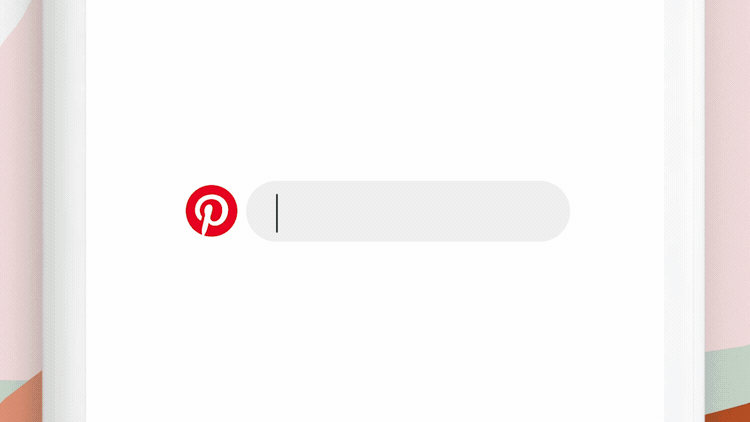
This more compassionate search experience was created with the help of emotional health experts at Brainstorm, the Stanford Lab for Mental Health Innovation, and with advice from Samaritans, Vibrant Emotional Health and the National Suicide Prevention Lifeline. While we’ve long worked with organisations to provide people in extreme distress with quick access to expert support, this experience tries to address a broader emotional spectrum of what Pinners may be looking for. It’s not meant to replace professional care, but may help someone looking for support.
For people who may be experiencing thoughts of suicide or need someone to talk to immediately, we continue to provide direct access to suicide prevention lifelines, including Samaritans in the UK and Ireland, Crisis Services Canada in Canada, Aasra in India, and more.
Our commitment to privacy
These resources look different from the rest of Pinterest, and that’s because the experience is kept separate. People’s interactions with these activities are private and not connected to their account. This also means Pinterest won’t show recommendations or ads based on their use of these resources. Pinterest does not track who uses them, and all activity is stored anonymously using a third-party service.
Creating a more positive internet
More than 320 million people come to Pinterest every month to do something–decorate a room in their home, plan a trip or their wedding. But people also come to feel something. Quotes are the third most popular search term on Pinterest, as people are looking for ways to feel more inspired or motivated, or less alone or down. Because life isn’t always inspiring. According to the World Health Organization, one in four people will be affected by mental health issues in their lifetime, and more than 300 million people today suffer from depression. Nearly two-thirds of people with a known mental disorder never seek help from a health professional.
We see this reflected online, too. As people look for ways to cope with their emotions, searches for anxiety quotes increased 8x year-over-year, and searches for how to support someone with depression have doubled. Sometimes, you need more than an inspirational quote. That’s why we’re going a step further to offer tools people can use on a regular basis to help manage their emotions, and we hope they leave Pinterest feeling a little bit better.
This collection of emotional well-being activities is now available to everyone in the UK, Ireland, Canada, Australia, Singapore, India, the Philippines, Hong Kong and New Zealand in our apps for iOS and Android (version 8.0). We will continue to improve the experience and work with more health experts to make these resources available to even more people around the world in the future.
Ifeoma Ozoma, Public Policy and Social Impact Manager
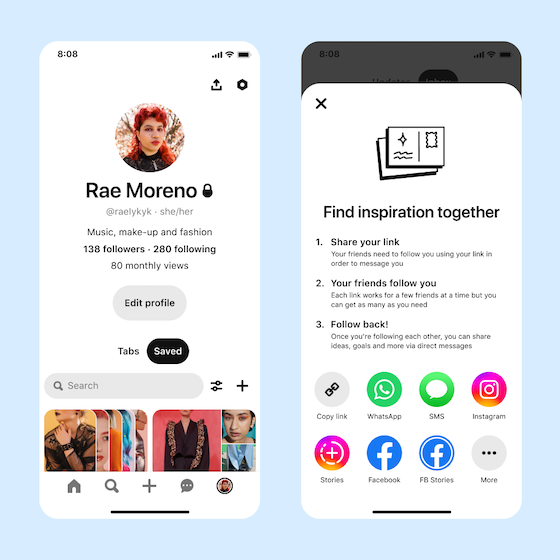
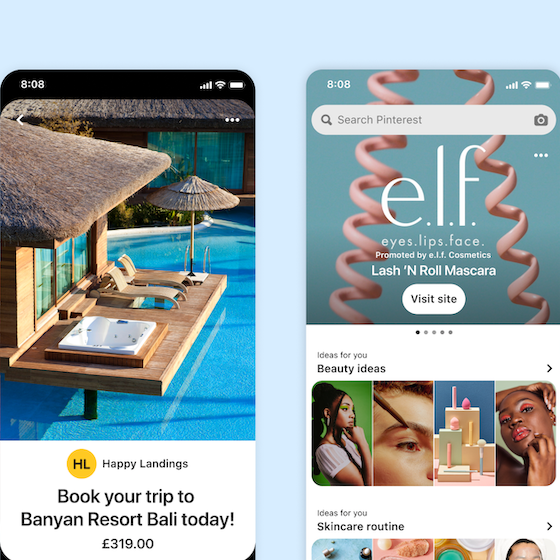

_0.png?crop=center%2Ccenter&fit=min&h=560&ixlib=php-3.3.1&w=560&s=78cfdbf0a1cda734b885a8d10a09a5ae)
